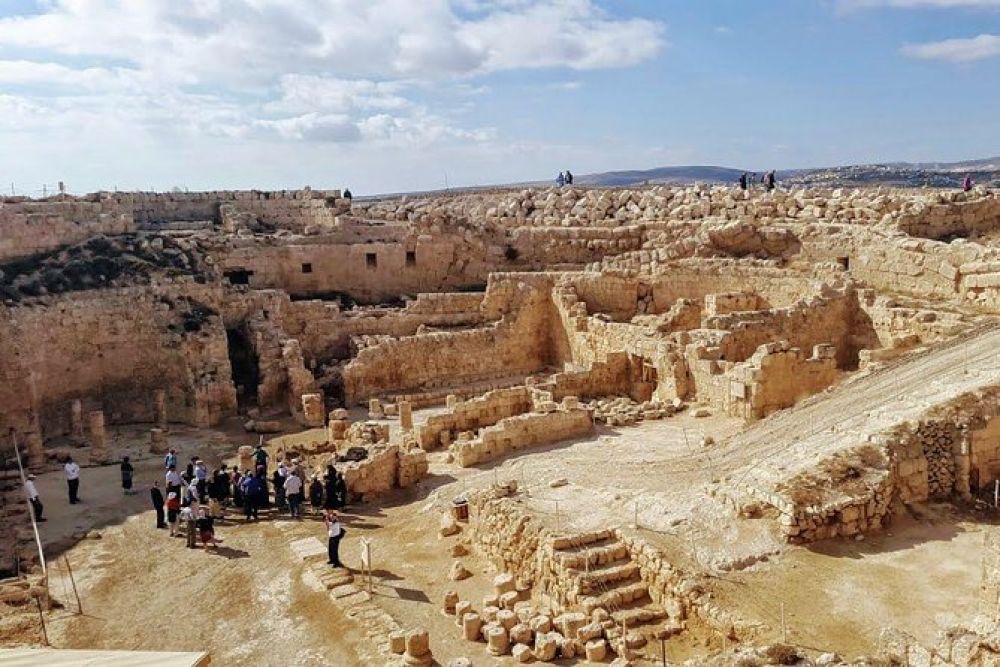

The ancient city of Bethlehem has been a focal point for religious pilgrims and curious travelers for centuries. Its place in history is etched as the birthplace of Jesus Christ, a narrative deeply embedded in the Christian faith. Tourism in Bethlehem has roots that stretch back to the Roman era when early Christians first began to venerate the site believed to be the location of the Nativity.
The 4th century marked a significant turn in the history of Bethlehem's tourism, with the construction of the Church of the Nativity under the order of Emperor Constantine I and later expansions under Justinian I. The church's erection encouraged an influx of pilgrims from across the Byzantine Empire and beyond, seeking spiritual solace and a connection with the divine.
During the Medieval period, despite the turbulence of the Crusades and various periods of destruction and reconstruction, the religious significance of Bethlehem sustained a continuous flow of visitors. The city saw different rulers, from Crusader control to Mamluk and then Ottoman rule, each leaving their mark on the city's culture and infrastructure and thereby influencing the tourism industry.
The development of tourism as we understand it today began to form in the late 19th century when Palestine started to become more accessible due to improvements in transportation. Bethlehem's industry witnessed a transformation from purely religious pilgrimage to a broader interest in the historical and cultural aspects of the city.
The 20th century brought about significant challenges due to political instability in the region. However, Bethlehem remained a beacon for both pilgrim and secular tourist thanks to its unparalleled historical allure and the deep spiritual connection many feel for the city.
The city's tourism infrastructure was modernized and expanded, particularly after the UNESCO designation of the Church of the Nativity and the Pilgrimage Route as a World Heritage Site in 2012, reaffirming its global significance.
In recent years, the tourism industry in Bethlehem has been working towards diversification. While the city continues to celebrate its religious heritage by hosting millions during major festivities like Christmas and Easter, there has been an increase in promoting:
Furthermore, increased digital presence and social media marketing have significantly changed how Bethlehem's tourism industry engages with potential visitors, with many operators now harnessing technologies such as virtual tours, especially during global events such as the COVID-19 pandemic.
The tourism sector in Bethlehem, like many others worldwide, is facing ongoing challenges due to political tensions and the impact of global events on travel. Despite such challenges, the timeless appeal of Bethlehem assures its continued draw as a destination. Those in the industry are optimistic about the city's resilience and potential for growth, hoping to attract a future wave of visitors eager to experience the profound historical and spiritual resonance of Bethlehem Old City.